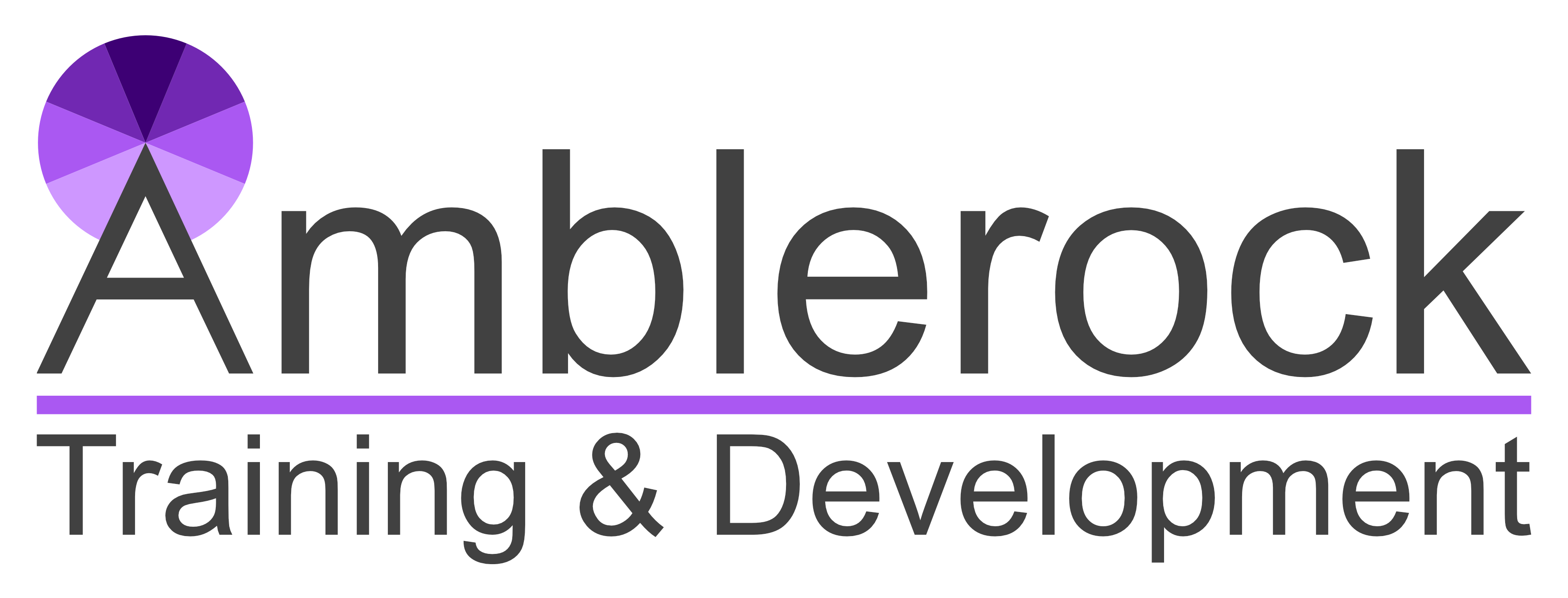Asking More Questions: A Guide to Effective Communication

As a manager, it's natural to want to have all the answers. But sometimes, the best thing you can do is ask questions instead of providing solutions. By asking questions, you can help your team members think through issues, find their own solutions, and gain a deeper understanding of the situation at hand.
So how can you incorporate this into your management style? Here are some tips:
Keep Your Questions Simple and Open
When asking questions, aim for simplicity and openness. Question them in a way that encourage conversation, rather than just a yes or no answer. For example, "What has happened to make you feel this way?" or "What are your options?" or "What have you already tried?" or "What results have you seen so far?"
Focus on Clarity and Understanding
Asking questions can help bring clarity and understanding to a situation. It encourages creativity and builds confidence among team members because they are better equipped to deal with their challenges. By gathering information this way, you can offer more effective support rather than jumping to conclusions.
Overcoming Fear of Asking Questions
New managers often avoid asking questions because they feel it makes them look like they don't know what they're doing. They may feel the need to demonstrate their knowledge and prove why they're in charge. However, questioning things is actually a sign of effective leadership. It demonstrates that you care about understanding your team members' perspectives and helping them find the best solutions.
In conclusion, asking questions is an important aspect of your people management skills. It enables you to support your individuals and teams in a more effective way, encourages creativity and builds confidence. So next time you're faced with a challenge, take a breath and ask a question instead of providing an immediate solution. You might be surprised at the results!
Have you tried asking more questions in your management style? Give it a try and let me know how you get on…
Building Positive Relationships: A Manager's Guide

Building positive relationhips can boost happiness, trust, and engagement in the workplace. This not only improves productivity but also enhances the key KPIs you are no doubt interested in. As a manager, you play a crucial role in developing, nurturing, and role-modeling these relationships. We'll explore six key strategies to help you cultivate strong relationships as an effective manager.
1. Get to Know Your Team Members
To establish connections, take the time to understand the individuals involved. Show genuine interest in their lives, interests, and dreams – both professionally and personally. Ask questions and actively listen to their responses. To support your team members effectively, invest time in discovering who they are and what makes them tick.
2. Share Yourself with Your Team
As you learn about your team members, share aspects of your own life with them. Great management is about forming honest, genuine connections based on mutual understanding. It's important for people to know about your interests and motivations. Remember that loyalty stems from genuine connections with others.
3. Implement an Open-Door Policy
Ensure that you're accessible, visible, and present for your team members as much as possible. Offer quality time beyond scheduled one-on-one sessions, so they know they can rely on you when needed. Be there as a supportive figure for them – this will foster trust and understanding.
4. Embrace Diversity within Your Team
Celebrate the unique strengths, ideas, thoughts, and opinions each team member brings to the table. Encourage them to use their strengths for problem-solving, creative thinking, and adding value to tasks and projects. Adapt to individual styles, preferences, and needs for a more personalised approach.
5. Value Your Team's Contributions
Recognise and appreciate your team members' achievements with gestures like thank-you notes or small tokens of appreciation. Show your gratitude in various ways, such as bringing treats to the office, organising a team lunch or anything else you think may lift their spirits. These actions will strengthen your connections and give rise to more conversational opportunities to learn about them and who they are.
6. Maintain Professional Boundaries
It can be a tricky balance to form meaningful connections while maintaining professional boundaries. Although it's essential to create supportive relationships, remember to keep a degree of separation between work and personal life. This boundary helps you remain objective during formal processes.
Reflecting on Your Relationships
Take some time to reflect on your relationships with your team members:
- Do you have positive relationships with them?
- What do these relationships look like?
- What aspects are working well?
- What could be improved?
- What actions can you take to enhance these relationships?
Take action! Commit to two actions this week that will improve at least one relationship.
Building positive relationships is an essential skill for managers. The tips above are a starting point, but there are countless strategies to explore. Don't be afraid to try new things and learn from your experiences.
Stay tuned for Part Two of this blog series, where we'll cover six more tips for building positive relationships as a manager.
For regular insights on management skills, follow my social media accounts:
- Instagram: https://www.instagram.com/amblerocktraining/
- Facebook: https://www.facebook.com/Amblerock
- LinkedIn: https://www.linkedin.com/company/amblerock-training-&-development
To learn more about how I can help you develop as a manager or support your teams of managers, get in touch. I'd be thrilled to hear from you!
Welcome to Amblerock!

Hello and welcome to the Amblerock Training and Development website and my inaugural blog post! I'm Nicola Blackmore, the founder and principal consultant of Amblerock Training and Development. If you don't know already, allow me to give you a brief overview of what we're all about.
Who we are
Amblerock Training and Development is an independent training consultancy specialising in management development. Our mission is to enable individuals and organisations to reach their full potential. As the principal consultant, I wear many hats, but I also collaborate with a team of experts who support our clients to ensure top-quality services.
Our niche: Developing Managers
We pride ourselves on being a trusted partner to organisations for providing training, support, and resources to help them develop their managers.
Often it's the new managers who have been recently promoted for doing well who need the most support. I have had firsthand experience of this, and found myself in a similar position – I was promoted into my first management role and quickly realised just how different and challenging it was compared to my previous position.
That experience is why I'm so passionate about helping new managers understand their roles, acquire essential skills, grow in confidence, and become the best versions of themselves. Effective managers can significantly impact their teams and ultimately contribute to an organisation's success. So, getting this right is crucial.
How we deliver training
We offer training through various methods:
- Face-to-face workshops for group learning experiences
- Virtual live training using platforms like Zoom
- Pre-recorded online training courses with activities accessible at one's own pace
Our blended approach creates tailored learning experiences that suit everyone's needs and promote long-lasting learning retention.
Insights Discovery: A fantastic learning Tool
We use a number of methods to aid the learning experience, one of these is Insights Discovery. It's a profiling tool that helps people understand themselves and their impact on others.
Insights Discovery profiles are often used at the start of a development journey, allowing individuals to understand and reflect on their own traits before exploring management techniques. As an official partner and licensed practitioner for Insights in the UK, I've seen how this tool can lead to life-changing realisations and the benefits that can bring.
Motivational Maps: What motivates you?
Motivational Maps are an ISO-accredited tool based on over a decade of research into human behaviour, organisational psychology, and motivation. Its a great way of finding out how to motivate your team, which can lead to improved productivity and engagement.
What you can expect from this Blog
Through this blog, I aim to share my knowledge, ideas, and thoughts on management, training, life, and other relevant or interesting topics. I hope you enjoy it and would love to hear your thoughts. Stay tuned for more about Insights Discovery and any other exciting developments!
